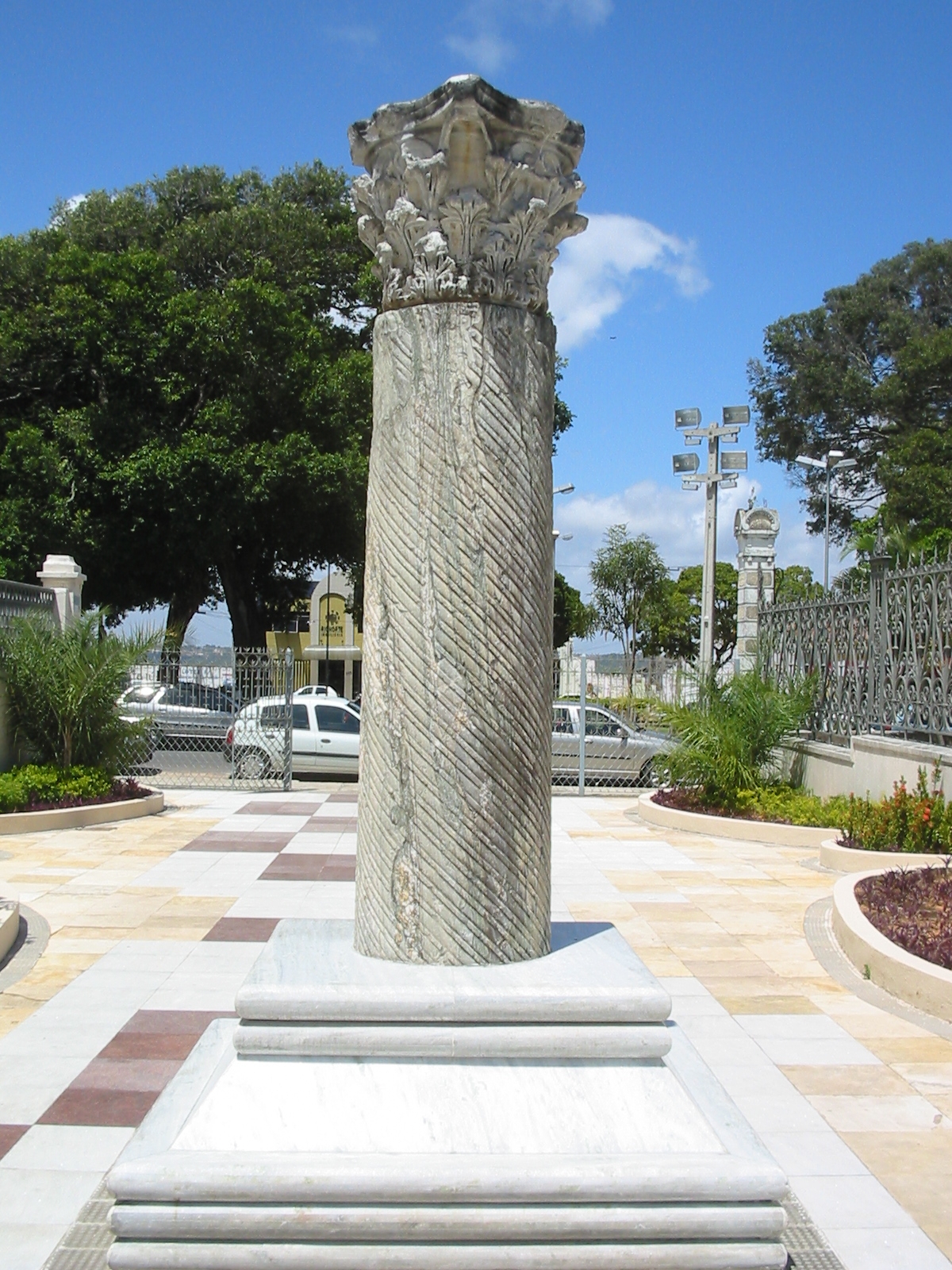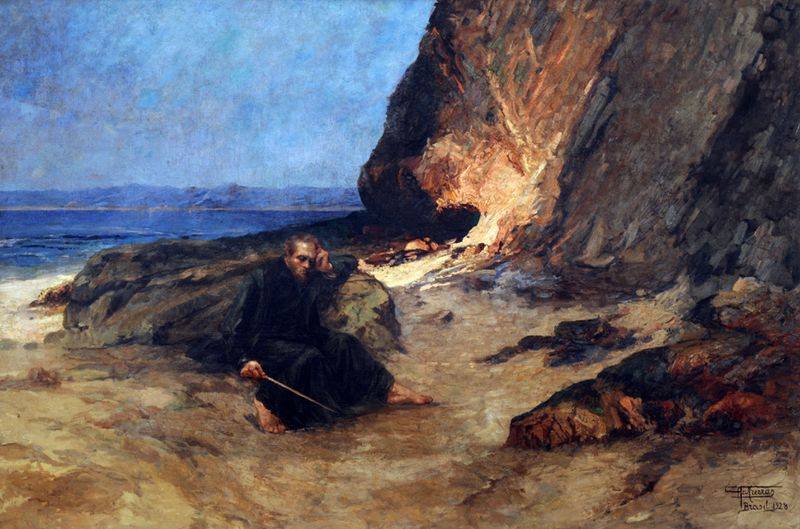|
Maracajaú
Maracajaú ( Tupi) is a community and beach located in the Brazilian city of Maxaranguape, state of Rio Grande do Norte (about 50 km from the state capital, Natal NATAL or Natal may refer to: Places * Natal, Rio Grande do Norte, a city in Brazil * Natal, South Africa (other), a region in South Africa ** Natalia Republic, a former country (1839–1843) ** Colony of Natal, a former British colony ( ...). With a population of approximately 2,000 people the main source of income is fishing followed by tourism. Maracajaú is known for coral formations locally called "Parrachos de Maracajaú" located to 7 kilometers of the coast that form natural pools of crystalline waters. On the beach water park is located Manoa Park. External linkswww.maracajau-rn.com.br Populated coastal places in Rio Grande do Norte Beaches of Brazil Landforms of Rio Grande do Norte {{RioGrandedoNorte-geo-stub ... [...More Info...] [...Related Items...] OR: [Wikipedia] [Google] [Baidu] |
Natal, Brazil
Natal ( ) is the capital and largest city of the state of Rio Grande do Norte, located in northeastern Brazil. According to IBGE's 2021 estimate, the city had a total population o896,708 making it the 19th largest city in the country. Natal is a major tourist destination and an exporting hub of crustaceans, carnauba wax and fruits, mostly melon, sugar apple, cashew and papaya. It is the country's closest city to Africa and Europe, with its Greater Natal International Airport connecting Natal with many Brazilian cities and also operating some international flights. The city was one of the host cities of the 2014 FIFA World Cup. History The Brazilian coast has long been home to indigenous peoples, generally members of the Tupi language family. While written records do not exist, archeological evidence suggests that pre-European inhabitants moved from the Amazon to the coasts approximately 2,900 years ago. Near the Rio Grande de Norte, the Potiguara people were the most numer ... [...More Info...] [...Related Items...] OR: [Wikipedia] [Google] [Baidu] |
Maracajaú
Maracajaú ( Tupi) is a community and beach located in the Brazilian city of Maxaranguape, state of Rio Grande do Norte (about 50 km from the state capital, Natal NATAL or Natal may refer to: Places * Natal, Rio Grande do Norte, a city in Brazil * Natal, South Africa (other), a region in South Africa ** Natalia Republic, a former country (1839–1843) ** Colony of Natal, a former British colony ( ...). With a population of approximately 2,000 people the main source of income is fishing followed by tourism. Maracajaú is known for coral formations locally called "Parrachos de Maracajaú" located to 7 kilometers of the coast that form natural pools of crystalline waters. On the beach water park is located Manoa Park. External linkswww.maracajau-rn.com.br Populated coastal places in Rio Grande do Norte Beaches of Brazil Landforms of Rio Grande do Norte {{RioGrandedoNorte-geo-stub ... [...More Info...] [...Related Items...] OR: [Wikipedia] [Google] [Baidu] |
Maxaranguape
Maxaranguape is a municipality in the state of Rio Grande do Norte in the Northeast region of Brazil. See also * List of municipalities in Rio Grande do Norte Rio Grande do Norte ( en, Great River of the North) is a state located in the Northeast Region of Brazil. According to the 2010 Census conducted by the Brazilian Institute of Geography and Statistics (IBGE), Rio Grande do Norte has a populatio ... References Municipalities in Rio Grande do Norte Populated coastal places in Rio Grande do Norte {{RioGrandedoNorte-geo-stub ... [...More Info...] [...Related Items...] OR: [Wikipedia] [Google] [Baidu] |
Rio Grande Do Norte
Rio Grande do Norte (, , ) is one of the states of Brazil. It is located in the northeastern region of the country, forming the northeasternmost tip of the South American continent. The name literally translates as "Great Northern River", referring to the mouth of the Potengi River. The capital and largest city is Natal. The state has 410 km (254 mi) of sandy beaches and contains Rocas Atoll, the only atoll the Atlantic Ocean. The main economic activity is tourism, followed by the extraction of petroleum (the second largest producer in the country), agriculture, fruit growing and extraction of minerals, including considerable production of seasalt, among other economic activities. The state is home to 1.7% of the Brazilian population and produces 1% of the country's GDP. In 2000-17 the murder rate rose by 655%, making Rio Grande do Norte the state with the highest murder rate in Brazil: 63.9 per 100,000. Tourist attractions in the state include the Cashew of Pirang ... [...More Info...] [...Related Items...] OR: [Wikipedia] [Google] [Baidu] |
Tupi Language
Old Tupi, Ancient Tupi or Classical Tupi (also spelled as Tupí) is an extinct Tupian language which was spoken by the aboriginal Tupi people of Brazil, mostly those who inhabited coastal regions in South and Southeast Brazil. It belongs to the Tupi–Guarani language family, and has a written history spanning the 16th, 17th, and early 18th centuries. In the early colonial period, Tupi was used as a ''lingua franca'' throughout Brazil by Europeans and aboriginal Americans, and had literary usage, but it was later suppressed almost to extinction. Today, only one modern descendant is living, the Nheengatu language. The names Old Tupi or classical Tupi are used for the language in English and by modern scholars (it is referred to as in Portuguese), but native speakers called it variously "the good language", "common language", "human language", in Old Tupi, or, in Portuguese, "general language", "Amazonian general language", "Brazilian language". History Old Tupi was firs ... [...More Info...] [...Related Items...] OR: [Wikipedia] [Google] [Baidu] |
Brazil
Brazil ( pt, Brasil; ), officially the Federative Republic of Brazil (Portuguese: ), is the largest country in both South America and Latin America. At and with over 217 million people, Brazil is the world's fifth-largest country by area and the seventh most populous. Its capital is Brasília, and its most populous city is São Paulo. The federation is composed of the union of the 26 States of Brazil, states and the Federal District (Brazil), Federal District. It is the largest country to have Portuguese language, Portuguese as an List of territorial entities where Portuguese is an official language, official language and the only one in the Americas; one of the most Multiculturalism, multicultural and ethnically diverse nations, due to over a century of mass Immigration to Brazil, immigration from around the world; and the most populous Catholic Church by country, Roman Catholic-majority country. Bounded by the Atlantic Ocean on the east, Brazil has a Coastline of Brazi ... [...More Info...] [...Related Items...] OR: [Wikipedia] [Google] [Baidu] |
Populated Coastal Places In Rio Grande Do Norte
Population typically refers to the number of people in a single area, whether it be a city or town, region, country, continent, or the world. Governments typically quantify the size of the resident population within their jurisdiction using a census, a process of collecting, analysing, compiling, and publishing data regarding a population. Perspectives of various disciplines Social sciences In sociology and population geography, population refers to a group of human beings with some predefined criterion in common, such as location, race, ethnicity, nationality, or religion. Demography is a social science which entails the statistical study of populations. Ecology In ecology, a population is a group of organisms of the same species who inhabit the same particular geographical area and are capable of interbreeding. The area of a sexual population is the area where inter-breeding is possible between any pair within the area and more probable than cross-breeding with in ... [...More Info...] [...Related Items...] OR: [Wikipedia] [Google] [Baidu] |
Beaches Of Brazil
A beach is a landform alongside a body of water which consists of loose particles. The particles composing a beach are typically made from rock, such as sand, gravel, shingle, pebbles, etc., or biological sources, such as mollusc shells or coralline algae. Sediments settle in different densities and structures, depending on the local wave action and weather, creating different textures, colors and gradients or layers of material. Though some beaches form on inland freshwater locations such as lakes and rivers, most beaches are in coastal areas where wave or current action deposits and reworks sediments. Erosion and changing of beach geologies happens through natural processes, like wave action and extreme weather events. Where wind conditions are correct, beaches can be backed by coastal dunes which offer protection and regeneration for the beach. However, these natural forces have become more extreme due to climate change, permanently altering beaches at very rapid r ... [...More Info...] [...Related Items...] OR: [Wikipedia] [Google] [Baidu] |



